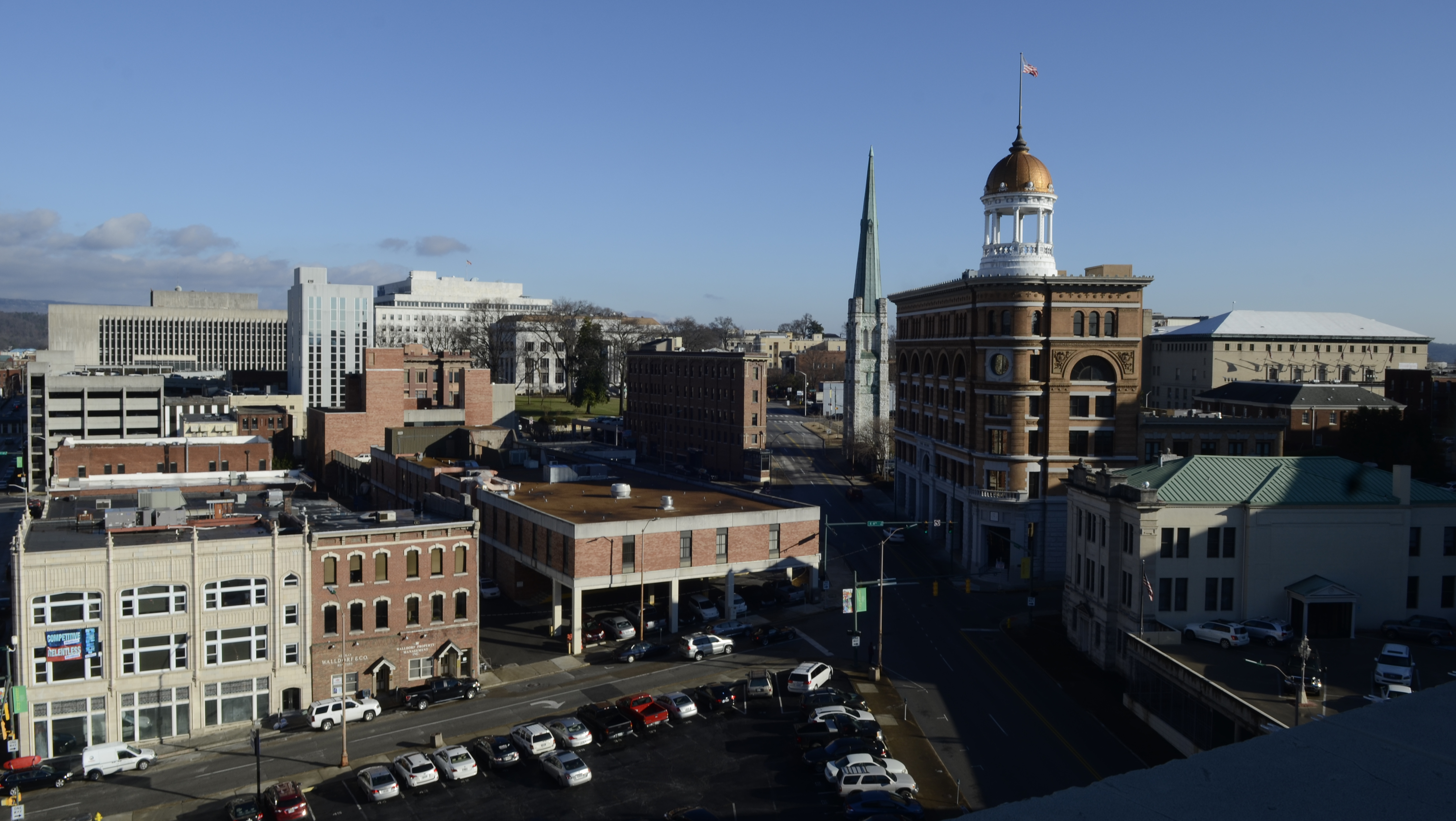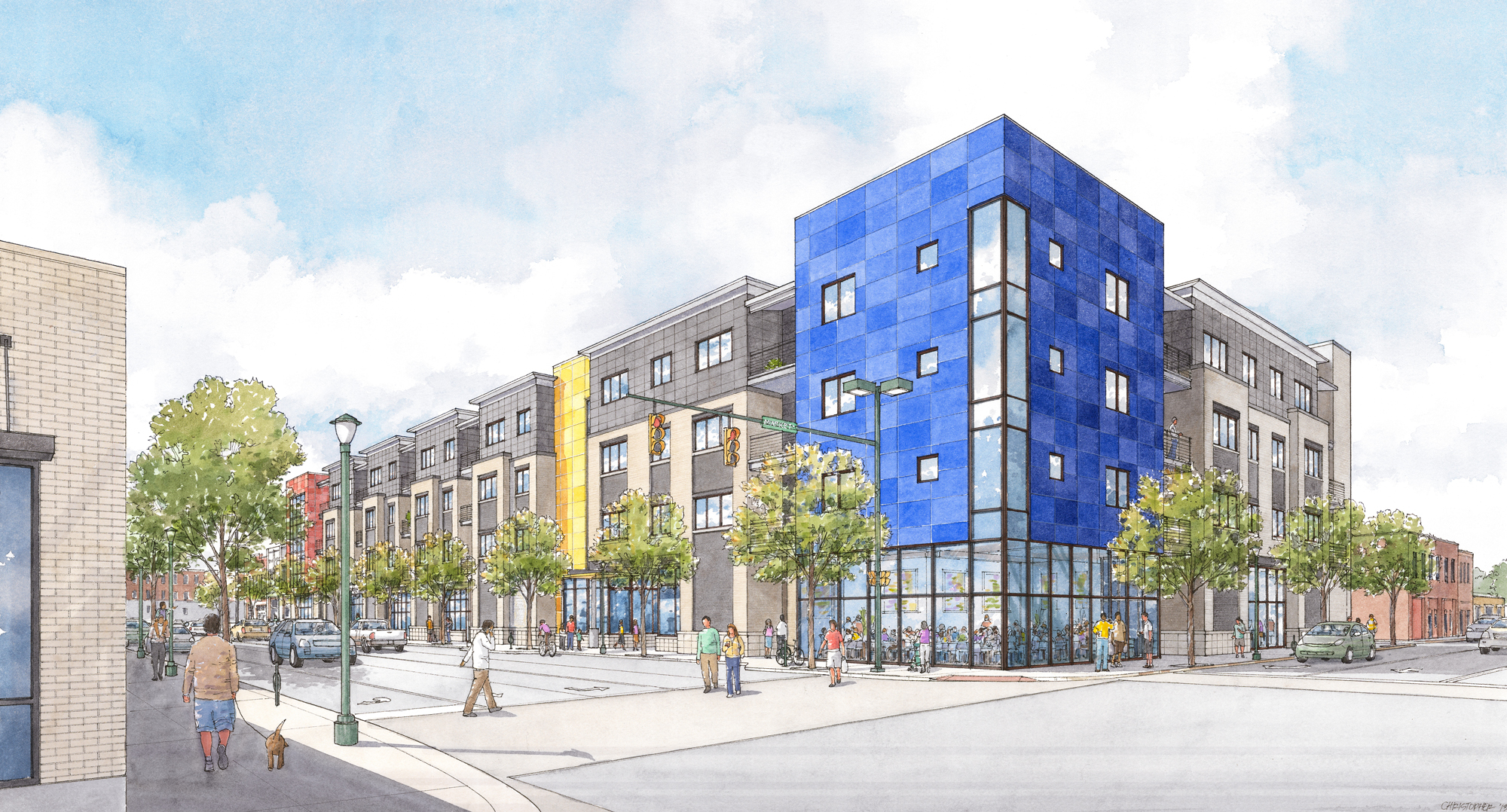ROOM TO LIVENumber of downtown Chattanooga housing units which could be added annually:* 125 to 195 - New for-sale single family detached and townhouse units* 40 to 60 - For sale condo units* 250 to 350 - New rental units* 250 to 300 - Student housing unitsSource: Robert Charles Lesser & Co.
A new study shows pent-up demand for hundreds of more housing units a year in downtown Chattanooga, especially among UTC students and middle-income renters and buyers, and it identifies potential financial incentives for builders.
The report, funded by The River City Co. and Chattanooga Area Chamber of Commerce, also recommends using some of the large amount of vacant office space downtown for housing, and it suggests targeting more parking space where it's needed.
In addition, the study said there's still a need for a pharmacy and grocery store in the city center to which residents could walk.
Kim White, who heads River City, said downtown can use a lot more housing in a variety of prices, ranges and styles.
"There's an opportunity for underutilized office buildings downtown and to turn those into cool apartments and condos," she said as an example. "That would help with so much office inventory."
The study, crafted by real estate adviser Robert Charles Lesser & Co., said the downtown area could support up to 900 new housing units a year over the next decade or so.
One-third of those units were identified as student housing to support the University of Tennessee at Chattanooga, the report said.
"UTC provides a huge opportunity to build the residential base today by building student-oriented housing, particularly for the M.L. King Boulevard district," the study said. "Students support retail demand and offerings that will in turn attract more downtown residents."
In terms of retail, the report said a grocery store and pharmacy within walking distance of central city residents would provide needed amenities.
"We could recruit a pharmacy downtown," said White, adding that the area still needs more population density to lure another grocery store. "They go hand in hand."
While a Publix is under construction in the North Shore, White said downtowns require amenities of different types and service levels.
In terms of office space, the existing supply will likely meet downtown's need until 2020, unless there's a big market shift, the study said.
One opportunity is to utilize office buildings as housing.
Charles Wood, the Chamber's vice president for economic development, said the business group has ramped up efforts to recruit more companies to downtown. He cited recruiting the back office tasks of businesses as an example.
Wood said some of the space in the central city's older office buildings could be redone so it offers more open interior formats which are liked now by companies.
He also said that while the Chamber pays attention to office needs outside downtown, the central city has a lot of inventory
"We'd love to see that fill up," he said.
The study, White, and Wood noted that financial incentives are tools to help bring about some of the potential gains cited in the report.
White said most cities do some form of tax incentives for downtown housing. Currently, the city offers nothing, she said. The city did offer property tax breaks in the past through a payment-in-lieu of taxes program for developers doing multi-family housing downtown, but that has expired.
"We're talking with the city about what makes the most sense," White said. "We want the workers working downtown today and love the city to be able to live here."
The study identifies a variety of incentive strategies which could be used, such as tax incremental financing, tax credits and abatements, PILOTs, density bonuses and cash grants, among others.
On the office side, Wood said Nashville offers has a $500 per job cash incentive offered through its mayor's office.
"They've got some huge successes recently in the back office sector," he said. "They've got winds in their sails in that regard. We need to make sure companies looking at Tennessee, that we get a fair look."
Wood said the incentive piece is something in the talking stage.
"That will be an issue we will get our arms around and look at opportunities," he said.
Mike McGauley, president of Fidelity Trust Co., said his company continues to invest in downtown because it's bullish on the central city.
But, he said, parking is an issue that needs addressing.
"From a retail perspective there ought to be strategic parking facilities available for different areas and blocks of downtown. That needs to be linked with transportation," McGauley said.
Those parking facilities may not be large garages but rather smaller decks, he said.
"There may be some private-public cooperation to make that happen," McGauley said.
Contact Mike Pare at mpare@timesfreepress.com or 423-757-6318.


